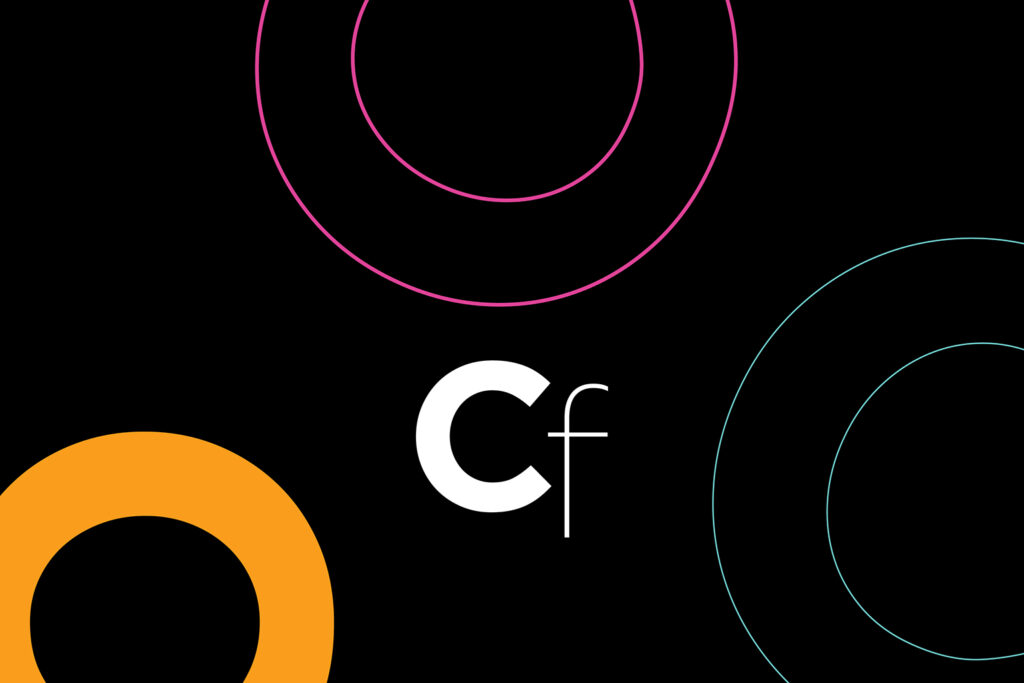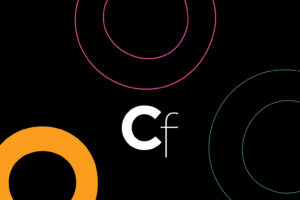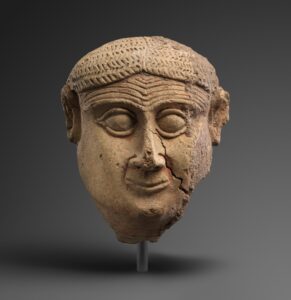EU Sanctions Russian Museum in Crimea for ‘Helping Deliver Supplies to Frontlines’ in Ukraine

The European Union has sanctioned a Russian museum for the first time.
On Tuesday, the EU released its latest round of sanctions against Russia, which includes the “Tauric Chersonese” State Museum-Preserve on the outskirts of the city of Sevastopol in Crimea. Its director, Elena Morozova, is also included on the list.
Sixteen other Russian individuals and 58 Russian organizations have been sanctioned for “undermining or threatening the territorial integrity, sovereignty, and independence of Ukraine.”
“Since the annexation of Crimea, the museum has actively undermined Ukrainian cultural heritage by promoting pro-Russian narratives regarding the cultural significance of the artifacts and excavation sites it administers,” the EU states in the sanctions document. “Following Russia’s full-scale invasion of Ukraine, the museum has used its platform to promote the invasion and the actors perpetrating it, including organizing deliveries of supplies to the frontlines.”
The “Tauric Chersonese” State Museum-Preserve did not respond to a request for comment from ARTnews.
In the document, the EU reiterates its “resolute condemnation of Russia’s war of aggression against Ukraine,” and reaffirms the bloc’s continued support for “Ukraine’s independence, sovereignty and territorial integrity within its internationally recognised borders.”
“The European Council stated that efforts to further limit Russia’s ability to wage war must continue,” it adds. “It also expressed the union’s readiness to step up pressure on Russia, including by adopting further sanctions.”
Last year, Ukraine accused Russia of transforming Tauric Chersonese, which became a UNESCO World Heritage Site in 2013, into a “historical and archaeological park,” and called on the United Nations to intervene. The site is an ancient city founded by Greeks in the 5th century BCE on the northern shores of the Black Sea. In 2014, Russia annexed the Crimean Peninsula. Ukraine and its allies do not recognize Russian sovereignty over Crimea, a key entryway into the Eastern Mediterranean, and have campaigned for its recovery since its occupation began.
The “Tauric Chersonese” State Museum-Preserve includes a Russian Orthodox monastery and several institutions, including a Museum of Christianity and the Museum of Crimea and Novorossiya. (Novorossiya is the term Russia uses for the annexed territories in Crimea.) The complex was built by Russia’s defense ministry with funds from Transneft, a state-controlled corporation, and is managed by a cleric appointed by Russian President Vladimir Putin. It officially opened on July 28, 2024.
The museum’s director, Morozova, is the first Russian cultural figure to be targeted by the EU, but not the first to be sanctioned. For example, in 2023, Canada added Mikhail Piotrovsky – the long-serving director of St. Petersburg’s State Hermitage Museum – on its sanctions list for supporting the war in Ukraine. Ukraine aside, Canada was the first country to impose sanctions against him.
Earlier this month, a group of art experts called on the International Council of Museums (ICOM) a non-governmental organization that sets industry standards for participating museums, to eject Russia for violating the organization’s code of ethics.
In an open letter published on May 5 in French newspaper Le Monde, the group said it intended to take ICOM to court in France, where the NGO is headquartered, if it failed to oust Russia.
“Because ICOM is an NGO subject to French legislation,” Christian Castagna, advocacy manager for non-profit For Ukraine, Their Freedom, and Ours! told ARTnews “if it does not follow what is written in its statutes, its members can demand that ICOM’s executive board respects its statutes and dismisses Russia for violating its code of ethics.”
ICOM Russia president Vasilij Pankratov slammed the move as “political libel.” ARTnews asked him if believed the “Tauric Chersonese” State Museum-Preserve being hit by EU sanctions might impact ICOM Russia’s position in ICOM.
“ICOM is an independent, non-governmental professional association covering the entire planet, not just small Europe,” he said. “It always seemed to me that ICOM is not subordinate to the EU. Perhaps I am wrong and some officials in the ICOM leadership secretly receive salaries from the EU. In this case, they will, of course, try to spoil our mood. Well, we will see.”
Konstantin Akinsha, an art historian and one of the signatories of the open letter in Le Monde, told ARTnews that the inclusion of the museum on the EU sanctions list in an “extremely important step.”
“Leading Russian museums and their directors have become willing executors of Putin’s policies in the occupied Ukrainian territories,” he said. “They organize archaeological expeditions, stage propaganda exhibitions, and assist in managing museum collections in occupied regions – all actions that blatantly violate International law. I hope the EU’s decision will serve as a strong argument for Russia’s expulsion from ICOM.”




